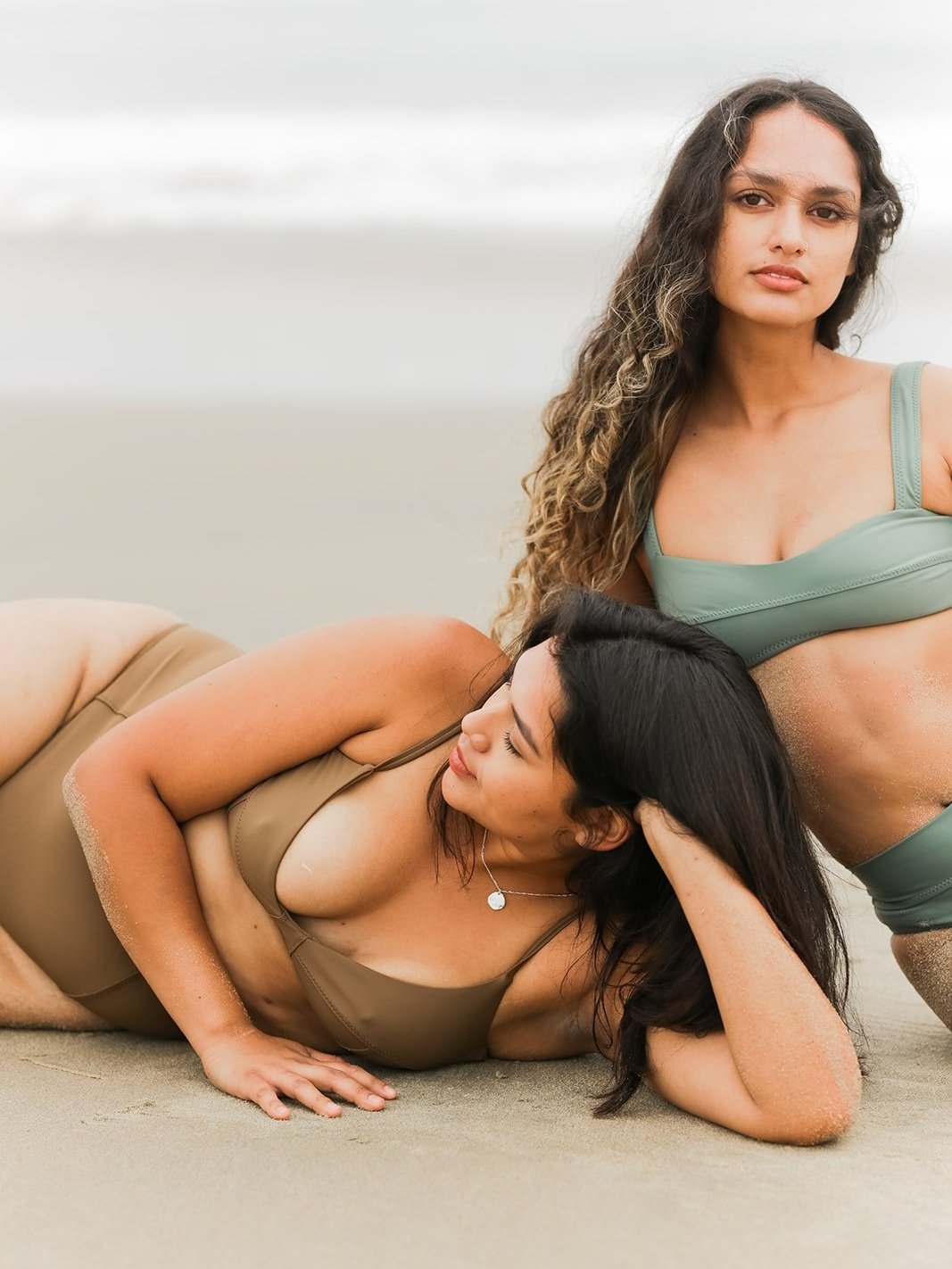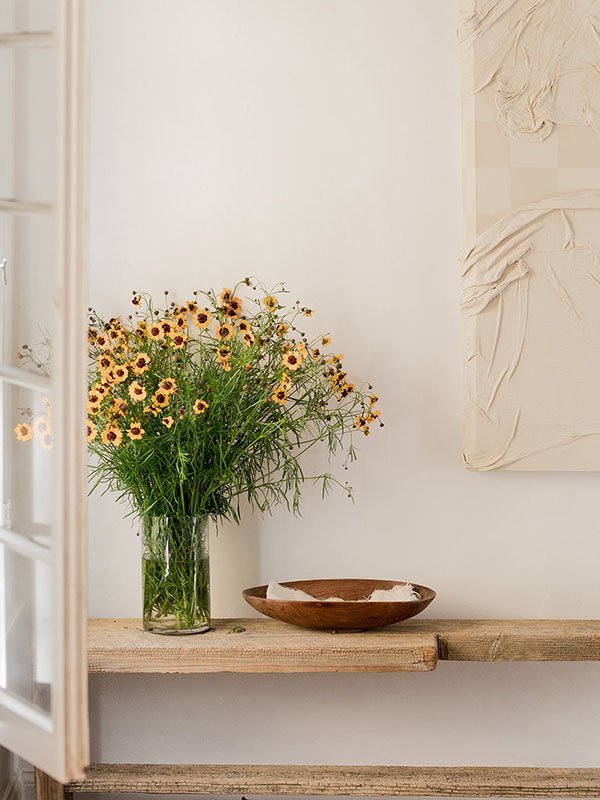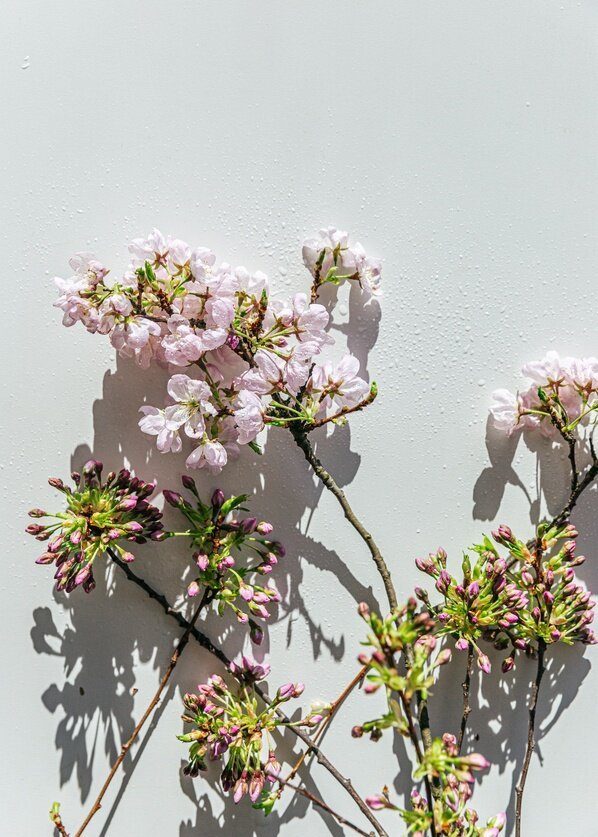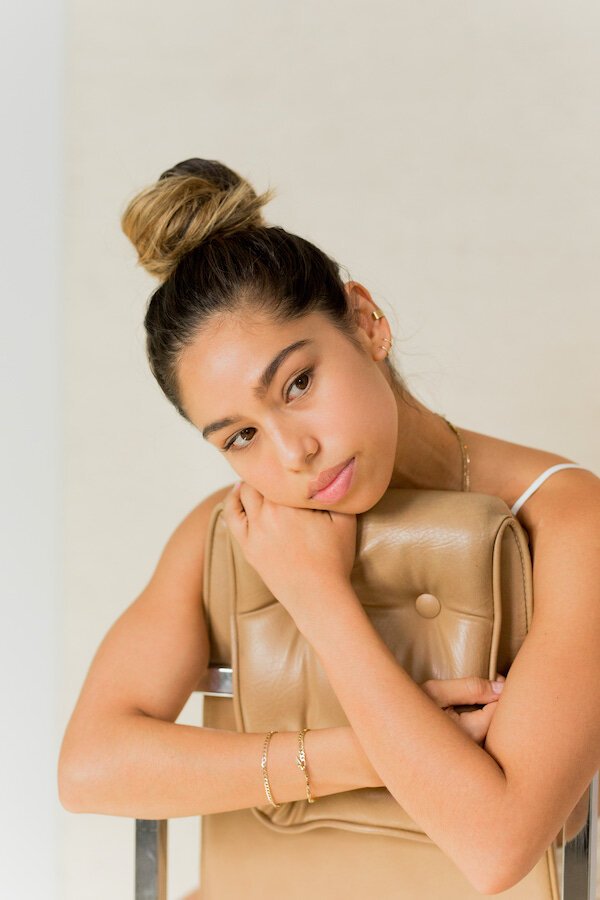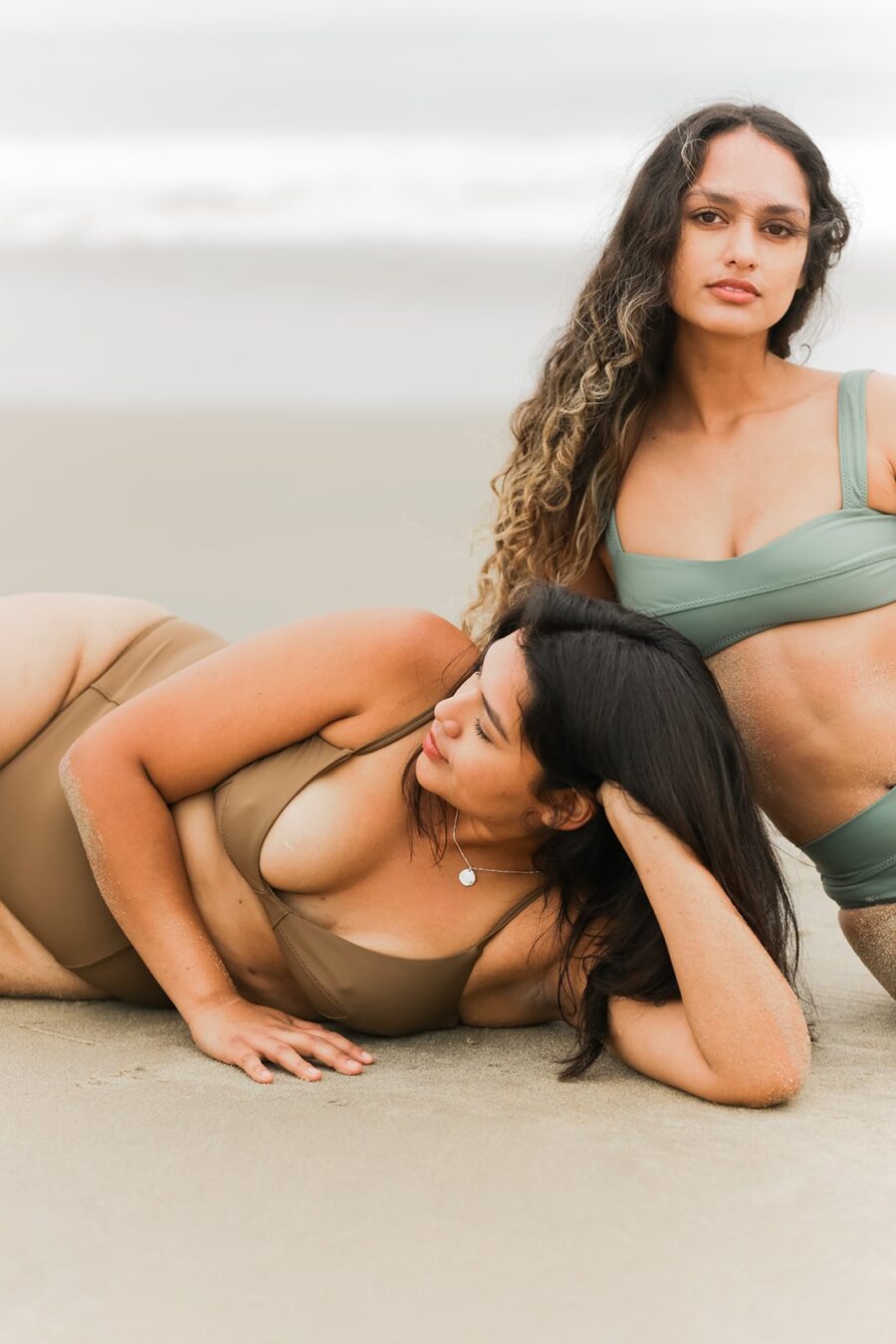
How To Navigate Wellness Fatigue
An Ever-Evolving Health Journey
I’ve always been fairly health conscious, however, I’ve never been as deep as I am now. I grew up in the Bay Area, where the post-hippie culture runs deep and organic food is a given from day one. Having access to those foods and conversations was a privileged place to start from that not everyone has. Still, I never watched what I ate all that much. I ate multiple hamburgers a week in high school, was nicknamed “bread and butter” girl in elementary school, and would dip slices of pumpkin bread into whipped cream before running off to dance rehearsal.
I didn’t even wash my face (other than in the shower with bar soap), because throughout high school I had no acne on my face. It all changed when, after experiencing chronic stomachaches, I learned I was lactose intolerant. I was carefree when it came to health until I realized my experience wasn’t normal—and was something that could possibly be fixed with a change in diet. I had gotten so used to my body feeling this way, so discovering that I was lactose intolerant seemed like the beginning of the end of ever feeling acceptance with my body’s discomfort.
I became vegan late in college and, after using the label as an excuse to eat all the carbs I could find, I found that my body was repeatedly telling me I needed to stop. I was so frequently uncomfortable that I needed someone to help me find a solution. I was fortunate to get a nutritionist after I graduated, cut out gluten, and began feeling immediately better (because, it turns out, processed carbs are my frenemy). I was working out regularly for the first time since high school and cooking for the first time, well, ever.
“When I don’t manage to wash my face twice a day, when I look at my phone before bed, or when I forget to take all my supplements, I feel like I’ve messed up.”
Fast forward to today and I feel like I’ve relapsed or something because my body isn’t too happy. Even though I’m vegan and gluten-free, work out, cook most of my meals, and drink water constantly, I also feel like my anxiety is through the roof. I can’t shut my brain off at night so I watch tv to fall asleep, then I feel bad because I know that’s not good for my sleep. What follows is an endless cycle of self-depreciation, worry, and shame. I’m exhausted.
While all of these can be, and usually are, good for me, the growing obsession with health and wellness has me completely overwhelmed. I so badly desire to participate in all of the healthy suggestions, though it has become anxiety-producing instead of relaxing. When I don’t manage to wash my face twice a day, when I look at my phone before bed, or when I forget to take all my supplements, I feel like I’ve messed up.
Here’s what I’ve been focusing on to combat fatigue from the ever-changing wellness “trends”.
Get clear on what wellness is—and what it isn’t
Novelist Jessica Knoll recently penned a piece for The New York Times arguing that the wellness industry is just the diet industry in disguise, suggesting intuitive eating as an alternative to following the wellness industry’s general rules. I completely agree that it’s imperative for everyone to take their health and wellness personally, though the problem remains much more complex.
Since my diet is, let’s say, unconventional, I’m constantly hungry. Yet, I often find myself scared of eating for fear that the next meal will send me into a bout of what feels like food poisoning. I have somewhat chronic stomach pain and bad reactions to food, and am still searching for the reason why. This leaves me believing it must be all my fault and reading into small decisions I make.
“The real issue with the wellness craze is the shame that women are taught to attach to their bodies.”
Every person I’ve told about my stomach issues has given me a different piece of unsolicited advice. To add insult to injury, oftentimes these comments are contradictory to what someone else has said to me.
From where I’m sitting, the real issue with the wellness craze is the shame that women are taught to attach to their bodies. Women have been—and continue to be—taught that we don’t know what is best for our bodies, that we must continuously check in with whatever updated rules the media has decided for us in order to be happy, healthy, and beautiful.
Use empathy as an antidote
Truly though, who are we answering to? Why are we giving away our power to nobody in particular in order to convince ourselves we’re thriving? And why do we think we’re the only ones feeling this way?
“We must be both “givers and receivers of empathy” in order to successfully combat shame.”
“Self-compassion is key,” says Brené Brown in her book Daring Greatly, “because when we’re able to be gentle with ourselves in the midst of shame, we’re more likely to reach out, connect, and experience empathy.” Empathy is the ultimate antidote to shame, and that requires vulnerability.
Over the past several months, I’ve shared my wellness woes with friends and family, quickly realizing that I’m not alone in this at all. These kinds of conversations are so powerful because they reveal how much we are not only judging ourselves but others as well. We must be both “givers and receivers of empathy” in order to successfully combat shame.
Cut yourself some slack
I’ve decided I am going to focus on my own health journey and not get caught up in anyone else’s. Lately, I’ve tried to be more gentle with myself when things don’t go exactly as planned, and reassure myself that my skincare routine does not define me.
“I am going to focus on my own health journey and not get caught up in anyone else’s.”
Right now, I let myself fall asleep to television shows because that’s more preferable to me than letting my anxiety run wild at night. I’m not giving up my love of coffee, though I am being more mindful of when and how I drink it. My stomach issues are far from solved but I have a supportive nutritionist who tells me we’re going to figure it out together.
And until then, I’m going to work on loving my wonderfully imperfect body as much as I do my friends. I encourage you to go easier on yourself and stay true to what’s right for your body. We don’t need to do everything, we just have to do what works for us. One step at a time and one day at a time, because just like everything in life, it’s about progress, not perfection.
Audrey Stanton was born and raised in the Bay Area and is currently based in Los Angeles. She works as a freelance writer and content creator with a focus in sustainable fashion. Audrey is deeply passionate about conscious living and hopes to continue to spread awareness of ethical consumption.
